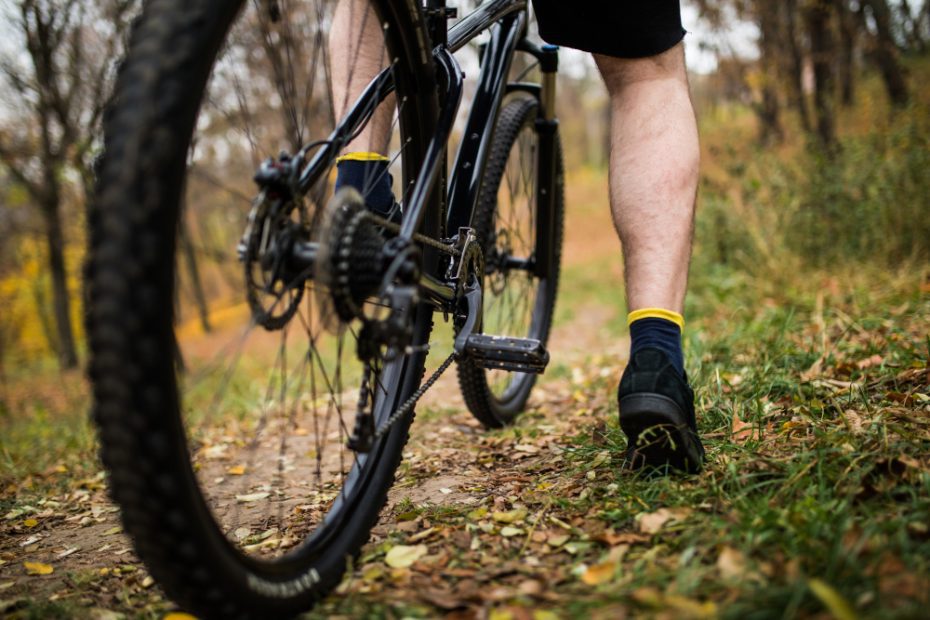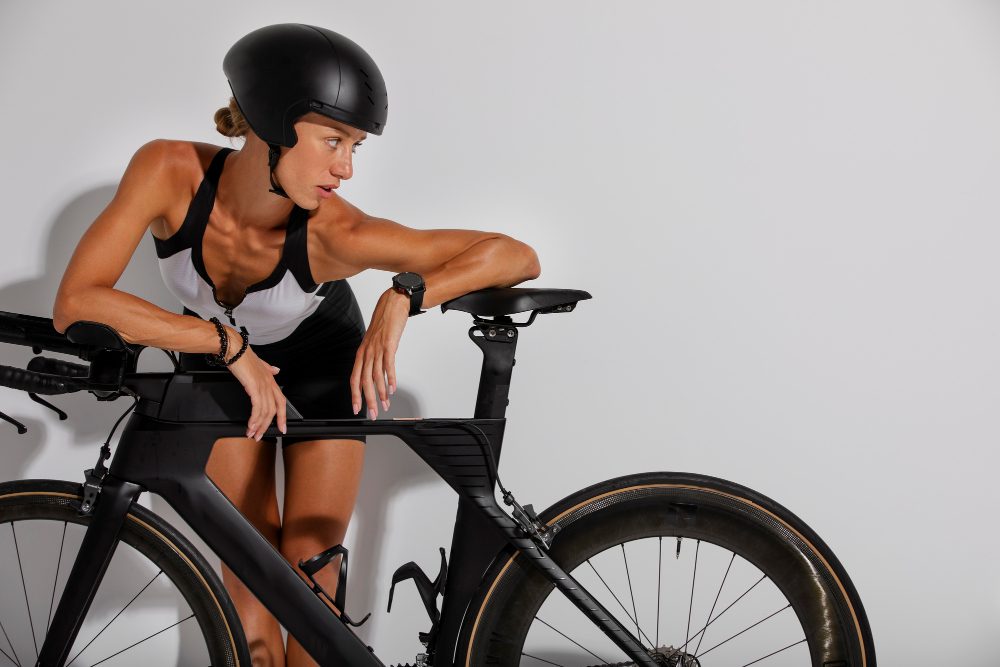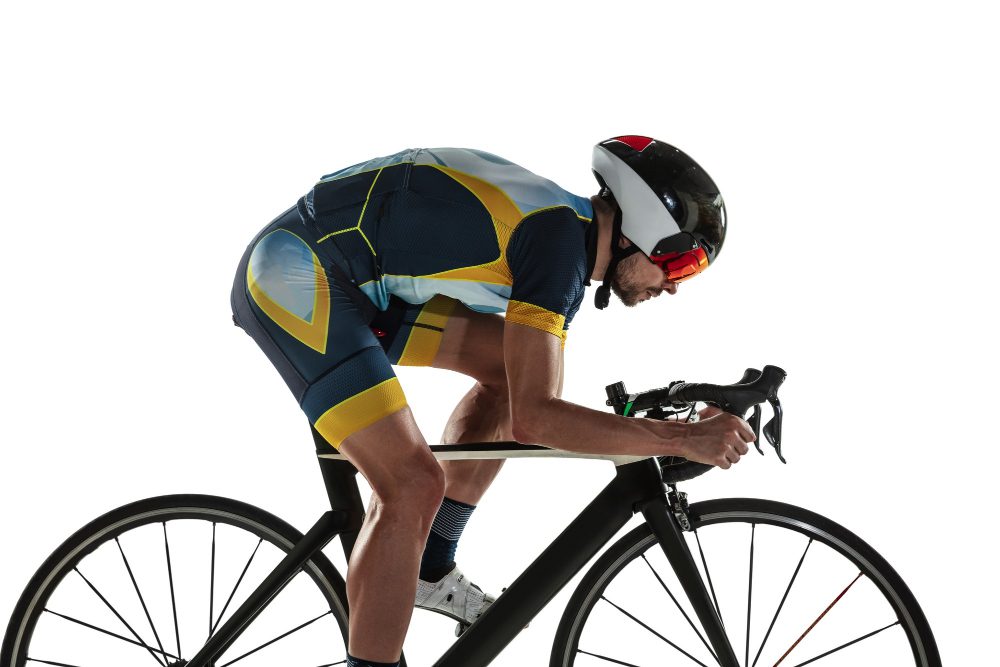Can you do a tri on a mountain bike?
Introduction
Triathlons are a thrilling and challenging multisport event that combines swimming, cycling, and running. They require endurance, skill, and a well-equipped bicycle. While road bikes are commonly used in triathlons, many people wonder if it’s possible to complete a triathlon using a mountain bike. This article aims to explore the feasibility and considerations of participating in a triathlon with a mountain bike.
Why Use a Mountain Bike?
Mountain bikes are designed for off-road terrains, with their robust frames, suspension systems, and wider tires providing stability, durability, and better handling on uneven surfaces. These features make mountain bikes a popular choice for outdoor adventures and trail riding.
In certain circumstances, using a mountain bike for a triathlon may be a practical option. For beginners or those who aren’t ready to invest in a road bike yet, a mountain bike can provide a suitable alternative. Additionally, if the triathlon course includes off-road segments or challenging terrain, a mountain bike could potentially offer an advantage over a road bike.
Factors to Consider
However, before committing to using a mountain bike in a triathlon, several factors should be considered:
1. Speed and Efficiency
Road bikes are specifically designed for speed and efficiency on paved surfaces. Their lightweight frames, aerodynamic features, and narrower tires allow for faster speeds with less effort. In contrast, mountain bikes tend to be heavier and have wider, knobbier tires, which can result in slower speeds on smooth roads. This difference in speed and efficiency can significantly impact an athlete’s performance during the cycling leg of a triathlon.
“Using a mountain bike in a triathlon may require more effort and potentially slow you down compared to a road bike.”
2. Comfort
Triathlons can be physically demanding, and comfort plays a crucial role in endurance events. Mountain bikes generally offer a more upright riding position and better shock absorption due to their suspension systems. This can help reduce fatigue and discomfort during longer rides or when encountering rough terrain.
However, the more upright position may affect aerodynamics, potentially leading to increased wind resistance and reduced speed on flat, smooth sections of the course. It’s essential to find a balance between comfort and speed when considering using a mountain bike for a triathlon.
3. Course Terrain
The nature of the triathlon course is an important factor in determining whether a mountain bike is suitable. If the course consists mostly of paved roads without significant off-road segments, using a mountain bike may put you at a disadvantage compared to competitors on road bikes. However, if the course includes challenging terrains, such as gravel paths or steep hills, a mountain bike could provide an advantage with its superior traction and stability.
Types of Triathlons where Mountain Bikes are Allowed
While road bikes are generally favored in most triathlons, some events have specific categories or allowances for participants using mountain bikes. These include off-road triathlons, known as “Xterra” events, which feature mountain biking as the main cycling component. Xterra triathlons are designed specifically for mountain bikes and are held in scenic locations with tough trails and off-road running sections.
Tips for Participating in a Triathlon with a Mountain Bike
If you decide to tackle a triathlon with a mountain bike, here are some tips to help you make the most of your experience:
- Ensure your mountain bike is in good working condition. Regular maintenance, including checking tire pressure, brakes, and gears, is essential.
- Consider replacing knobby tires with smoother ones suitable for paved surfaces to improve your speed and efficiency.
- Practice cycling on different terrains to become familiar with the handling characteristics of your mountain bike.
- Focus on your strengths in the other two disciplines (swimming and running) to make up for any potential disadvantages during the cycling leg.
- Prioritize comfort by adjusting your bike fit, finding a suitable saddle, and wearing appropriate cycling clothing.
In conclusion, while participating in a triathlon with a mountain bike is possible, it’s important to consider the specific course terrain, your own goals, and the advantages and drawbacks associated with using a mountain bike. Whether you choose a mountain bike or a road bike, the most significant factor in enjoying a triathlon is preparedness, determination, and a positive attitude.
Can I use an electric bike for a triathlon?
If you’re considering participating in a triathlon, one of the questions that may come to mind is whether you can use an electric bike for the race. While electric bikes can be a great option for commuting or leisurely rides, they may not be suitable for a triathlon. Here’s why:
The Rules of Triathlons
In most triathlons, the rules specify that only traditional bicycles are allowed. According to the British Triathlon Federation, the governing body for triathlon in the UK, participants must use a standard human-powered bike without any form of motor assistance. This rule ensures fair competition and maintains the integrity of the sport.
Advantages and Disadvantages of Electric Bikes
Electric bikes are known for their pedal-assist feature, which can help riders cover longer distances at higher speeds with less effort. However, this advantage may not be allowed in a triathlon as it can provide an unfair advantage over other participants.
On the other hand, using an electric bike for training purposes can be beneficial, especially for beginners or those recovering from injuries. The power assistance can help increase endurance and build fitness levels gradually.
The Importance of Training on a Traditional Bike
Participating in a triathlon requires specific skills and techniques, including cycling efficiently and maintaining speed. Training on a traditional bike allows you to develop these skills, such as gear shifting, cornering, and pacing. Additionally, the weight and handling of a traditional bicycle differ from an electric bike, so practicing on the right equipment is crucial for race day performance.
“Using an electric bike for a triathlon would be like competing in a Formula 1 race with a street-legal car. It’s just not designed for that level of performance.”
Conclusion
While electric bikes have their advantages, using them in a triathlon may not be permitted. It’s best to check the rules and regulations of the specific event you plan to participate in. However, incorporating an electric bike into your training routine can still be valuable.
Remember, the most important aspect of a triathlon is the challenge and personal achievement rather than winning. So, whether you choose an electric bike or a traditional one, what matters most is giving it your all and enjoying the experience.



